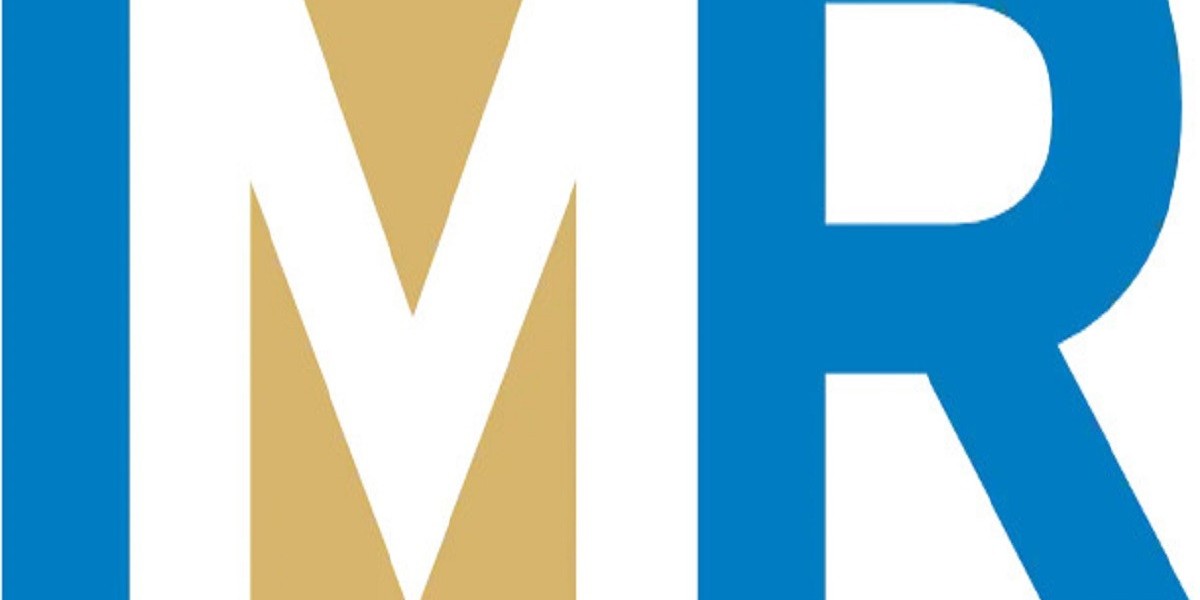Emergence of Psychedelic Therapies
In recent years, we have seen a renewed interest in psychedelic drugs for medical purposes. Researchers are conducting clinical trials to study the therapeutic potential of psychedelics like psilocybin, LSD, MDMA, and ketamine to treat mental health conditions. Some conditions being studied include depression, PTSD, addiction, anxiety related to life-threatening illnesses and others. Several biotech startups are working on developing psychedelic-based drugs and therapies. They hope to get regulatory approval and introduce these as prescription medications. This renewed scientific research and emerging medical applications indicate that psychedelics may have genuine therapeutic value for some patients suffering from mental illnesses.
Growing Recreational Use and Risks
At the same time, surveys show increasing recreational use of Psychedelic Drugs among adolescents and young adults. According to the UNODC, surveys in USA, UK and other nations report rising trends of hallucinogen use disorders. While these drugs may help a subset of patients, regular recreational use can pose risks like flashbacks, hallucinogen persisting perception disorder and sometimes triggering underlying mental health conditions like schizophrenia. There are also risks of negative experiences like 'bad trips' due to unpredictable reactions. Safety risks grow due to lack of quality control in illicit supplies. With growing consumer acceptance and market potential, ensuring responsible use through policy and regulations is important to balance benefits and manage risks.
Business Opportunities in Psychedelic Therapeutics
The emerging clinical evidence and growing patient demand have opened up significant business opportunities in this sector. Several biotech companies focused on developing psychedelic medications are attracting major investment. For example, Compass Pathways raised $80 million in Sept 2020. Smaller firms are developing novel compounds, delivery methods, and assisted therapy models. Investment in technology platforms for patient screening, experience therapy and digital therapeutics is also occurring. With lead candidates showing promise in trials, big pharma companies may look to acquire these and commercialize approved treatments. Supply chain and production of pharmaceutical-grade psychedelics will open up opportunities as the market matures. Healthcare providers and therapists will need training to deliver psychedelic-assisted therapies safely and effectively. Overall, the psychedelic therapeutics sector represents a multi-billion dollar commercial opportunity over the next decade.
Regulatory Challenges
However, substantial regulatory hurdles remain due to legacy policies treating psychedelics in the same category as recreational drugs. Psychedelics are currently classified by the UN and authorities worldwide as Schedule I substances having no medical use and high abuse potential. This has slowed research and development for medical uses. Regaining acceptability requires large well-designed studies demonstrating therapeutic benefits that outweigh risks for approval as standardized prescription therapies. Legal and policy reforms de-scheduling or re-categorizing psychedelics are needed to remove barriers to research. Managing public perception of risks from recreational use while communicating benefits also remains a challenge. Global cooperation will be needed to ensure consistent standards and regulations regarding cross-border research, manufacturing and trade as this sector expands. Overall, navigating the prevailing regulatory controls will be one of the biggest challenges for mainstreaming psychedelic therapeutics.
Psychedelic Tourism and Commercialization Concerns
As studies show promise, commercialization of psychedelic therapies independent of medical oversight is increasing. 'Psychedelic retreat centers' offering guided psychedelic experiences as alternative treatments have proliferated internationally. This psychedelic or 'psychotourism' remains essentially unregulated, raising public health concerns. Safety, quality and long term outcomes cannot be assured without clinical grade controls and oversight. There are worries of commercialization ignoring warnings regarding safely administered contexts and settings for psychedelic therapies. Unchecked promotion rather than evidence-based standards of care risks jeopardizing medical acceptance. Controls will be needed regarding training and credentialing of guides as therapists, facilities standards, screening, consent and aftercare - as research better defines best practices and oversight models. With rising interest from users, policymakers need to address this arena to balance innovation and protect public welfare.
Investment and medical research into psychedelic drugs is bringing to light their potential to treat mental health issues. If rigorously studied and responsibly introduced, these substances may become meaningful additions to medicine. However, navigating prevailing regulations and managing emerging commercial uses will be key to optimizing benefits while safeguarding public health as the field evolves.
Get More Insights on- Psychedelic Drugs
For Deeper Insights, Find the Report in the Language that You want:
About Author:
Money Singh is a seasoned content writer with over four years of experience in the market research sector. Her expertise spans various industries, including food and beverages, biotechnology, chemical and materials, defense and aerospace, consumer goods, etc. (https://www.linkedin.com/in/money-singh-590844163)


